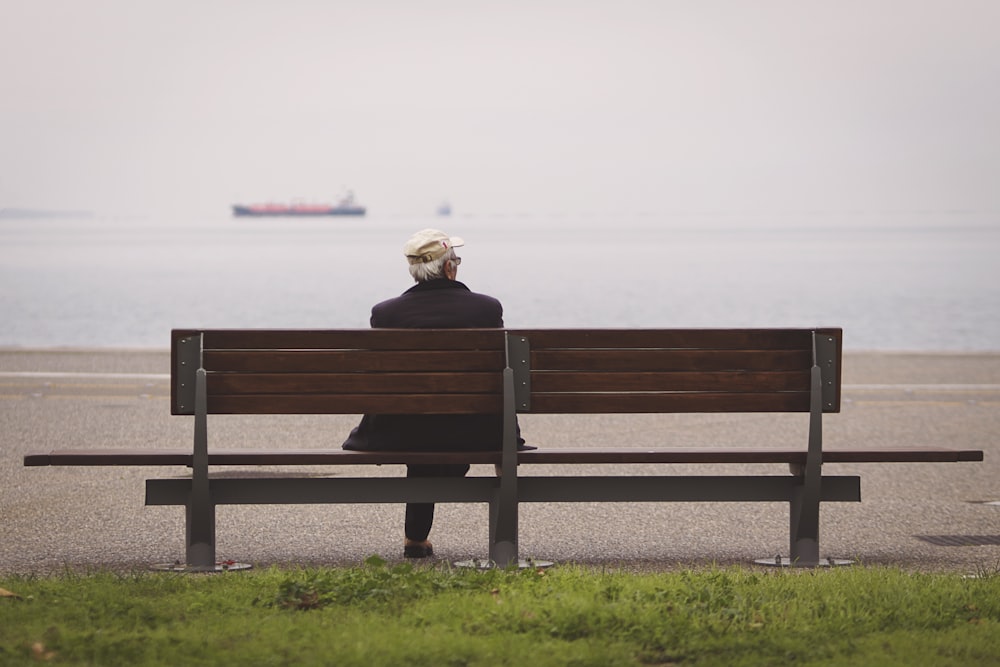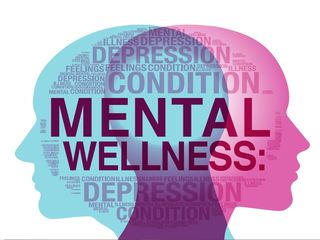Digital health funding declines for the third year in a row
AI-enabled digital health startups raised $3.7B, 37% of total funding for the sector
Read more...
That may have been, in part, a result of the loneliness and isolation they were experiencing: even before COVID 34% of seniors reported feeling a lack of companionship and 27% reported feeling isolated from others; in March 2020, the percentage that felt a lack of companionship grew to 41%, while 35% said they felt less companionship than before.
Now a new white paper out from Elevance is showing just how bad the effect of loneliness is on the elderly, and the issues it can potentially cause.
According to the 2018 Medicare Current Beneficiary Survey (MCBS), which includes survey responses from nearly 16,000 Medicare beneficiaries, approximately 28% reported they had been told they had a mental health condition, including 71% who just depression, and 24% who have both depression and another mental health condition.
Those with a mental health diagnosis were more likely to live alone, 32% versus 27% who did not have a diagnosis, while 41% with a diagnosis lived with a spouse versus 55% of those who did not. They also have more limited social activities: 4% of those without a diagnosis say their health limits their social activities most of the same, while 12% of those with a diagnosis said the same.
These numbers have real consequences: the report notes research that has shown a significant association between loneliness and death.
For example, one study of older adults showed the risk of death was 22.9% among lonely people versus 17.9% among the control group during the six-year follow-up period, and that was even after adjusting for demographics, socioeconomic status, depression, and other health and functional measures.
Loneliness in older adults has also been shown to predict increased depressive
symptoms, impaired cognition and dementia progression, significant likelihood of nursing home admission, and even increasing the likelihood of hypertension, heart disease, and stroke.
Of course, as Elevance is an insurance provider with its own members and programs, it used the white paper to tout the effects of its own Member Connect Program, in which the company identifies plan members who meet certain criteria, such as living alone or being isolated, having a diagnosis of a serious or terminal illness, or having been diagnosed with dementia, and pairs them with a team that includes an Elevance Health community health worker, also known as a social care partner (SCP), and an Elevance Health employee volunteer, or phone pal, who build connections with them.
In its own study, Elevance found that 94% of participants agreed that they had more meaningful connections, 79% said they had an increase in activities and that they were taking better care of themselves, and 92% of participants said they were happy or very happy when taking all life aspects into account since joining the program.
"MA plans are equipped to identify and engage individuals at-risk for social isolation, such as those who are newly widowed, who are caregivers, or who report feelings of isolation. Early findings from Elevance Health’s Member Connect program demonstrate the positive impact on member wellbeing," the company wrote.
"Health plan social connectedness programs should be considered an integral part of a whole health approach to improving wellbeing among older adults at-risk of social isolation, loneliness, and other MH concerns."
(Image source: unsplash.com)
AI-enabled digital health startups raised $3.7B, 37% of total funding for the sector
Read more...OXcan combines proteomics and artificial intelligence for early detection
Read more...Nearly $265B in claims are denied every year because of the way they're coded
Read more...